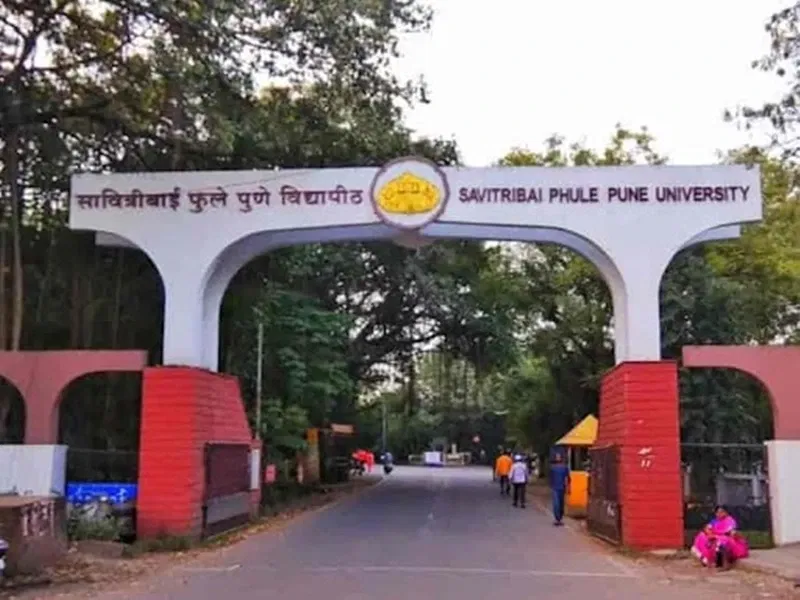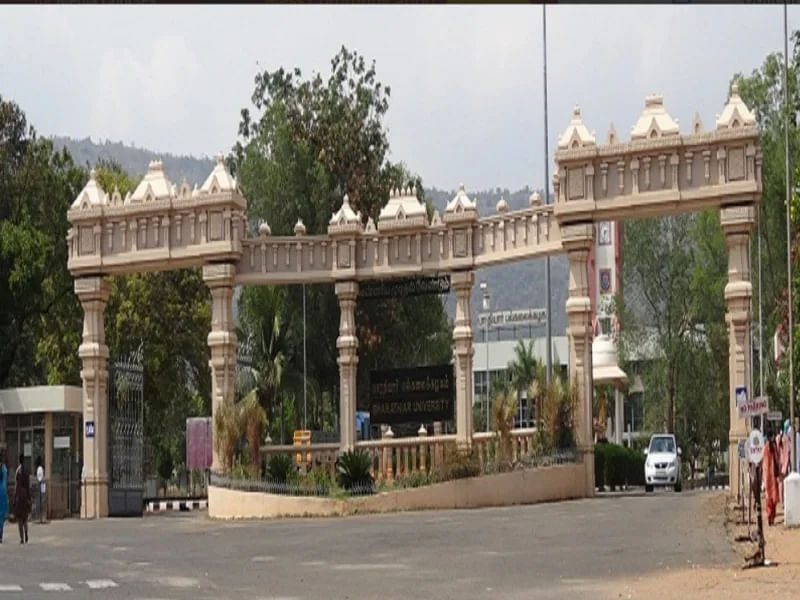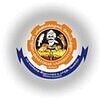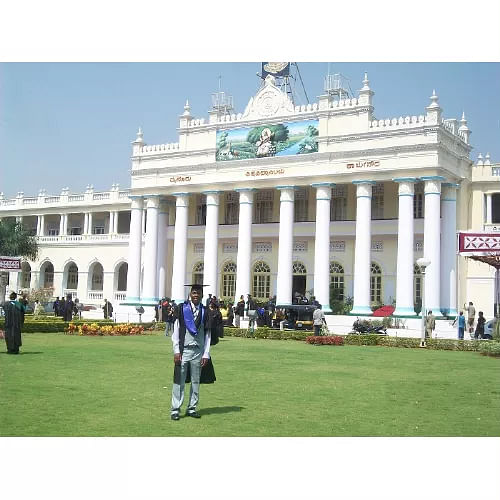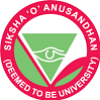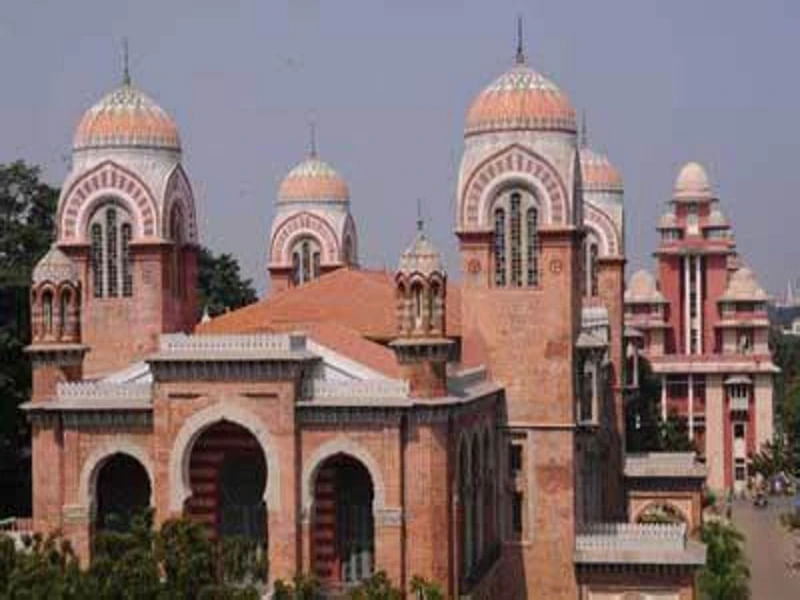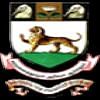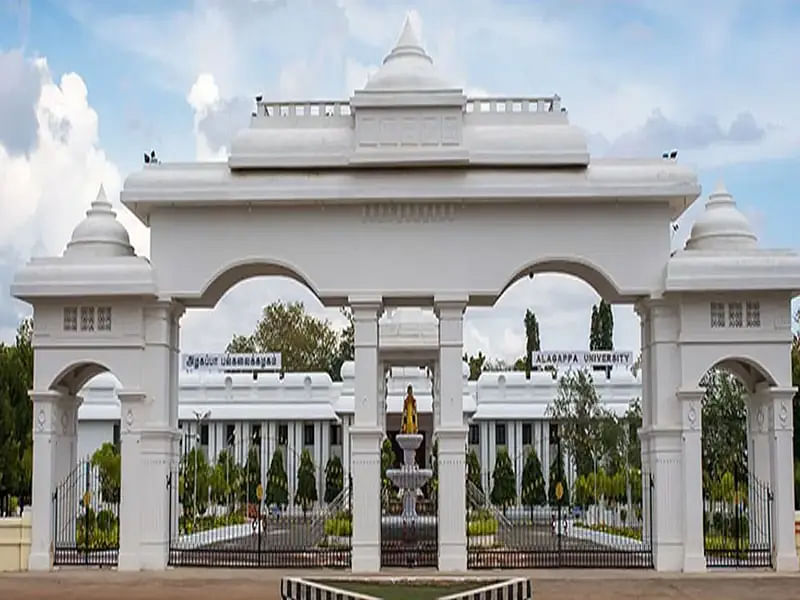M.Sc IT Syllabus and Subjects

M.Sc Information Technology is of two years, and therefore the syllabus for the course is additionally divided into four semesters. M.Sc Information Technology syllabus includes studying topics like operating system, software engineering, web technologies, data communication and networking, etc. M.Sc Information Technology job scope is extensive, ranging from software developer to enterprise information officer in both private and public sectors.
Semester Wise M.Sc IT Syllabus
M.Sc IT covers most of the important topics related to computer science like data structures, object-oriented programming, and M.Sc cybersecurity. Below is the semester wise breakup of the M.Sc IT Syllabus in most of the colleges in India.
M.Sc IT First Year Syllabus
|
Semester 1 |
Semester 2 |
|
Fundamentals of IT & Programming |
Operating System |
|
Data & File Structures |
Database Management System (DBMS) |
|
Object-Oriented Programming |
Analysis and Design of Algorithms |
|
Software Engineering |
Data Communication and Networking |
M.Sc IT Second Year Syllabus
|
Semester 3 |
Semester 4 |
|
Web Technologies |
Cyber Security |
|
Data warehousing and Data mining (Elective) |
Software Architecture (Elective) |
|
Network Security (Elective) |
Managing Big Data (Elective) |
|
Open Source System (Elective) |
Project |
M.Sc IT Subjects
M.Sc IT subjects are majorly technical and centric and consist of core subjects and electives as well. Both of those hold equal importance for the successful completion of the M.Sc IT course. Check out the list of core and elective subjects below:
| List of M.Sc IT Subjects | |
| Database Management Systems | Core Java |
| Data Communication | Advanced Java |
| E-Commerce | Algorithm Design andOptimization |
| Fundamentals of Information Technology | Artificial Intelligence |
| Management Information Systems | Basic Mathematics |
| Microprocessor System | Communication & Soft Skills |
| Multimedia | Computer Ethics and Cyber Law |
| NET Technologies | Computer Graphics |
| Operating Systems | Computer Networking |
| Principles of Management | Computer System Architecture |
| Programming in C | Desktop Publishing Tools |
| Programming in C++ | Digital Electronics Fundamentals |
| Project Management | Data Structures through C |
| Relational Database Management System | Digital Electronics |
| Software Engineering | Data Mining |
| Software Testing | Distributed System |
| Visual Basic | Web Development |
M.Sc IT Subjects Semester Wise
Data structures, object-oriented programming, and cyber security are just a few of the computer science subjects covered in the MSc IT curriculum. In most Indian colleges, the MSc IT Syllabus is divided into semesters.
M.Sc IT Subjects Semester 1
- Fundamentals of IT & Programming
- Data & File Structures
- Object-Oriented Programming
- Software Engineering
M.Sc IT Subjects Semester 2
- Operating System
- Database Management System (DBMS)
- Analysis and Design of Algorithms
- Data Communication and Networking
M.Sc IT Subjects: Semester 3
- Web Technologies
- Data warehousing and Data mining (Elective)
- Network Security (Elective)
- Open Source System (Elective)
M.Sc IT Subjects Semester 4
- Cyber Security
- Software Architecture (Elective)
- Managing Big Data (Elective)
- Project
M.Sc IT Course Structure
M.Sc IT course structure is a combination of core and elective subjects. These subjects are structured with an objective to provide students with clarity of all the concepts and technical understanding of information technology for the 2 years duration across 4 semesters. In the final semester along with a core subject and 2 elective subjects, students are expected to do an M.Sc IT project which holds 8 credits. Check out the course structure below:
- Four semesters
- Core Subjects
- Elective subjects
- Project
M.Sc IT Teaching Methodology And Techniques
M.Sc IT teaching methodology is structured as per the curricular approach. As this course demands a deep understanding of all the computer and technical subjects, the curriculum is designed such that students get the basic concepts correct in their first semester. Also, M.Sc IT teaching techniques include both theory and practical in their course structure because to pursue a career in the field of IT graduates must be comfortable with various programming languages as well as different problem-solving techniques.
M.Sc IT Projects
Graduates are expected to do a detailed M.Sc IT project in their field of interest during their final year of the M.Sc IT course. Students can choose their own project topic and get it approved by the assigned faculty. Below are a few M.Sc IT project ideas that are listed below for reference:
- Student Career And Personality Prediction Android Application
- Online Shopping Android Application
- Android Based Complaint Management System
- Disease Prediction Android Application using Machine Learning
- Android Password Based Remote Door Opener System Project
- Density Based Traffic Controlling System With Android Override
- Android Controlled Notice Board Project
- Android Based Home Automation System
- Home Appliance Control Using Android Application
- Robot Controlled By Android Application
- Android Controlled Remote AC Power Control
M.Sc IT Reference Book
The M.Sc IT course is an extremely technical course with several complex modules, hence below is the list of a few reference books that may simplify learning for M.Sc students.
|
Name of the Book |
Name of the Author |
|
Mathematical Statistics |
J. E. Freund |
|
Logic and Prolog Programming |
Saroj Kaushik |
|
Theoretical Mechanics |
M. R. Spiegel, |
|
Introduction to Mathematical Statistics |
Robert V. Hogg |
|
Operating Systems: Internals and Design Principles |
William Stallings |
|
Python for Data Science |
Ethan Williams |
